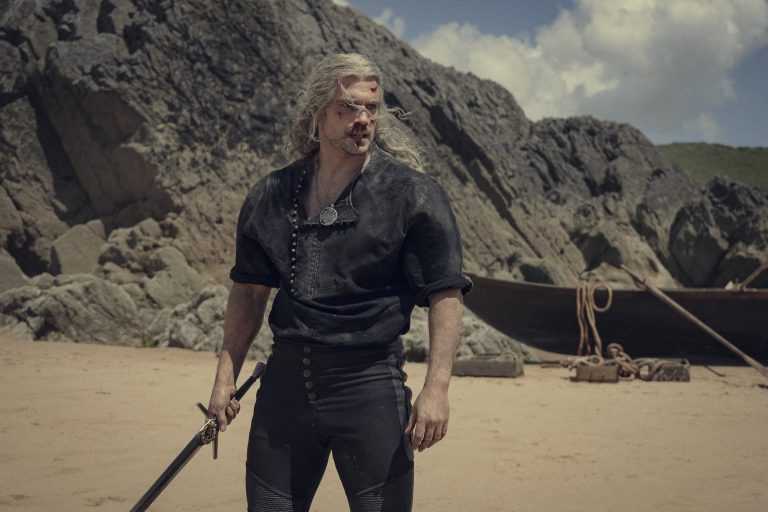As a tempest of opinions and numbers swirls around the latest season of Netflix’s The Witcher, fans and critics alike seek a clear picture. The data presented by Redanian Intelligence, a well-known Witcher fan site, seems to tell a tale of declining popularity.
For some context, Season 3 of The Witcher has been split into two parts, with the first volume hitting the screens on June 29 and the rest scheduled for July 27. Because of this, some fans might be waiting for the complete season to drop before they binge-watch it.
This multi-part seasonal drop was nice when Netflix first started implementing it. At the time, viewership didn’t suffer that much between halves. However, years later, viewers know better than to watch an incomplete season and agonize for many weeks, waiting for the next half to drop. It might have even been better if Netflix spread the two halves of The Witcher Season 3 across months. Maybe then, the viewership wouldn’t have tanked so much.
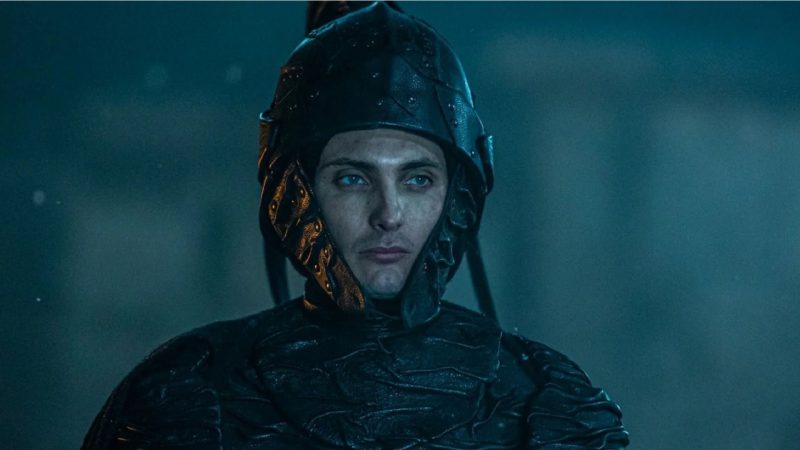
In any case, understanding the methodology Redanian Intelligence used to assess the viewership drop is crucial, as Netflix recently overhauled its viewership measurement method. Previously, Netflix disclosed information based on the number of hours a season had been viewed globally. This system tended to favor shows with longer episodes and more episodes per season. The new metric, however, divides viewed hours by the season’s total runtime, mitigating these factors.
Applying this new metric, Redanian Intelligence reported that Season Two accumulated 310 million hours within the first ten days of release. When divided by its official runtime, it received 41.8 million views. Meanwhile, Volume One of Season Three, within the first 11 days, had 139.5 million hours viewed, resulting in 29 million views. This translates to a 30 percent drop.
Moreover, Samba TV’s data, which monitors the number of people who watch the show in the first five days of release, are telling a similar story of decreasing viewer interest. The data indicates a 15% dip in viewership for the premiere of Season 3 compared to Season 2.
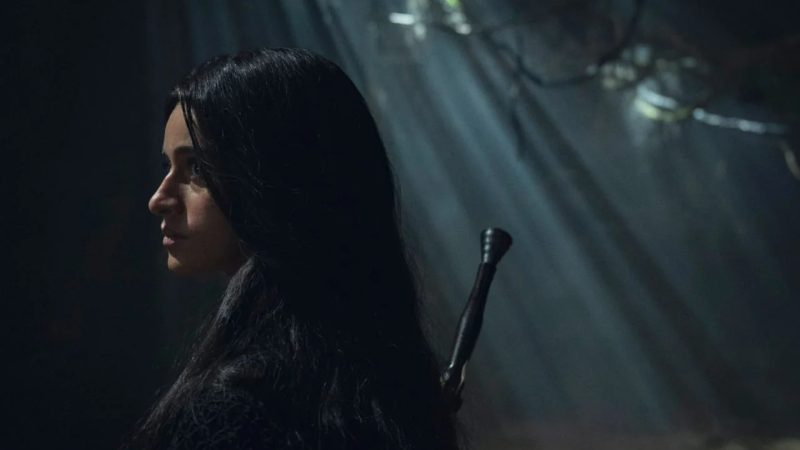
Theories abound to explain the dip in viewership. One factor could be the much-anticipated departure of Henry Cavill, the face of Geralt of Rivia. While some fans might be tuning in to bid farewell to Cavill’s portrayal, others might no longer feel the need to do so. Liam Hemsworth is replacing Cavill in Season 4, which the showrunners promise they’ll handle smoothly. But, this transition only compounds the mounting list of issues fans have been having with The Witcher, even before Season 3 was announced let alone premiered.
Another contributing factor, as previously mentioned, is the division of the third season into two halves. The shift from the traditional model of releasing full seasons at once could be causing fans to hold off until they can binge the entire season.
Furthermore, critical reception and viewer feedback to Season 3 has been mixed, leaning more towards the negative side if compared to the already so-so reputation of Season 2. There are instances of dissatisfaction with the quality of writing, direction, and editing, with some fans finding the narrative confusing and difficult to follow.
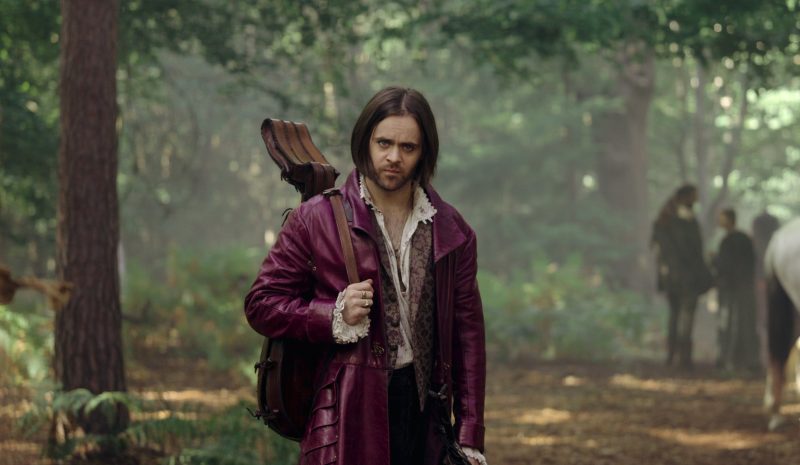
Moreover, The Witcher’s narrative choices have been controversial. Some viewers felt deviations from Andrzej Sapkowski’s original books, particularly in Seasons 2 and 3, were missteps. Changes to Yennefer’s character arc and the handling of plotlines like Brokilon have been points of contention.
Nevertheless, amid criticism and declining viewership, the series still finds defenders. For many, the dynamic trio of Geralt, Yennefer, and Ciri remain compelling reasons to watch the show. And some fans, while aware of the show’s imperfections, are looking forward to the second half of Season 3, which promises to cover intense and crucial moments from Sapkowski’s novels.
As the series moves forward with new faces and a new direction, it will undoubtedly continue to invite impassioned discourse from every corner of its fanbase.
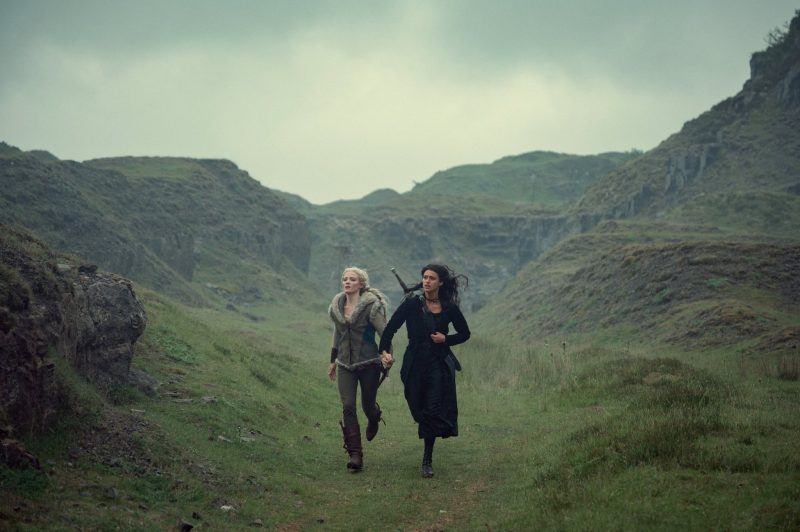
Of course, that’s a big IF. As much as Netflix would like you to believe that it’s not in the business of canceling shows mid-programming, it’s also a very profit-driven enterprise. If Netflix doesn’t see any reason to continue on with future seasons of The Witcher, especially after the negative reviews its latest spin-off received last year, then Liam Hemsworth might not even debut as Geralt of Rivia in Season 4 at all.

